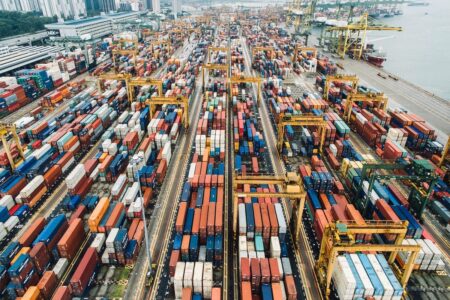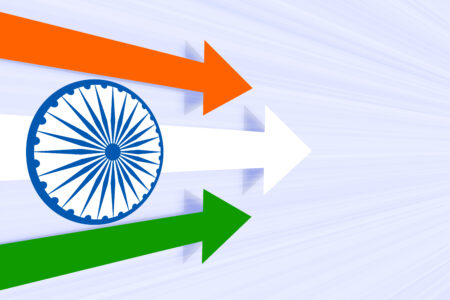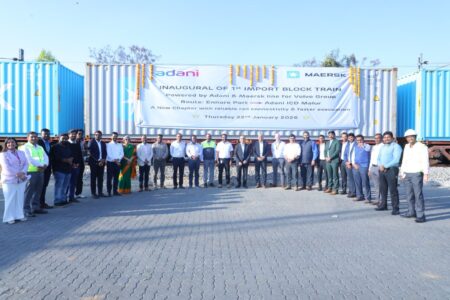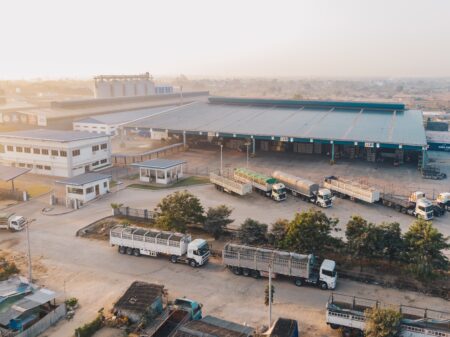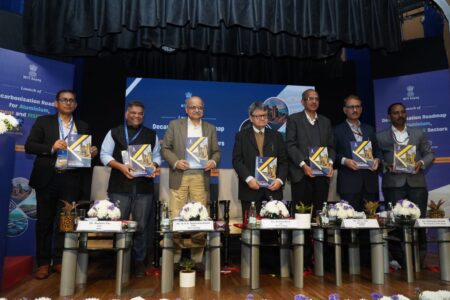Pranav Malik, Vice President – FMCG & Key Account, ISS Global Forwarding, highlights blockchain’s role in agriculture, enhancing data security and food safety through traceability. Future applications include monitoring crop quality and implementing sustainability practices across the food supply chain.
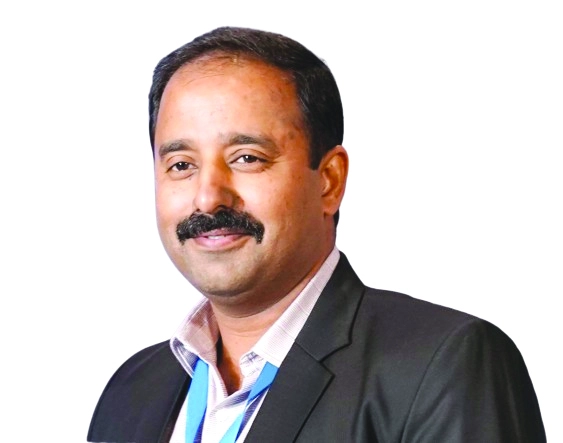
Blockchain can track and report sustainability goals, ensuring alignment with global environmental standards
Blockchain technology is revolutionizing agriculture by providing secure, decentralized data management. Farmers will be able to record and store critical information such as crop yields, weather conditions, soil quality, and pest management. This data can be replicated across multiple locations and scaled based on farm holdings and regional sowing patterns. The technology addresses the challenge of managing vast amounts of data in the global food supply chain, making it more resilient and efficient.
Collaborative solutions
In the food industry, even minor errors can lead to significant health and financial repercussions. Blockchain is emerging as a promising solution to mitigate these risks by ensuring the traceability of food products throughout the supply chain. Companies like Nestlé, Walmart, and Tyson Foods use blockchain platforms to monitor the entire lifespan of their products, enabling them to trace contamination or errors back to their source. This enhances food safety and reduces waste. Collaboration between farmers, processors, and retailers ensures that every step from farm to fork is documented and transparent.
Efficiency gains
Implementing blockchain, along with artificial intelligence (AI), machine learning (ML), and remote sensing, offers significant efficiency gains for all stakeholders in the food supply chain. These technologies create interconnected data platforms that organizations can use to digitize their operations. From the farm to the consumer’s table, near-real-time data and actionable insights enable informed decision-making. This digitization streamlines operations, enhances responsiveness to issues, and reduces costs.
Future functionalities
Beyond basic traceability, blockchain has the potential to address a wide range of issues in the fresh food supply chain. It can monitor quality assurance (QA) parameters and crop growth from seeding to ripening, ensuring that food products meet global standards. Real-time data on crop growth can be stored for future reference, providing valuable insights for food audits and quality control. This comprehensive monitoring can significantly improve the quality and safety of food products.
Predictive role
Blockchain, integrated with agri-sciences and AI/ML, empowers agricultural and business stakeholders to make well-informed, data-driven decisions. This integration supports the enforcement of sustainability practices across the entire value chain. Key benefits include reducing carbon footprints, monitoring water usage, reducing food waste at every level from farm to final consumption, improving soil health, and enforcing climate-smart agriculture practices. Additionally, blockchain can track and report sustainability goals, ensuring alignment with global environmental standards.
In conclusion, blockchain technology offers transformative potential for the global food supply chain. By enhancing data security, enabling collaboration, improving efficiency, and supporting sustainability, blockchain addresses some of the most pressing challenges in agriculture and food production. As more companies adopt this technology, the food supply chain will become more transparent, resilient, and efficient, ultimately benefiting consumers and producers alike.







